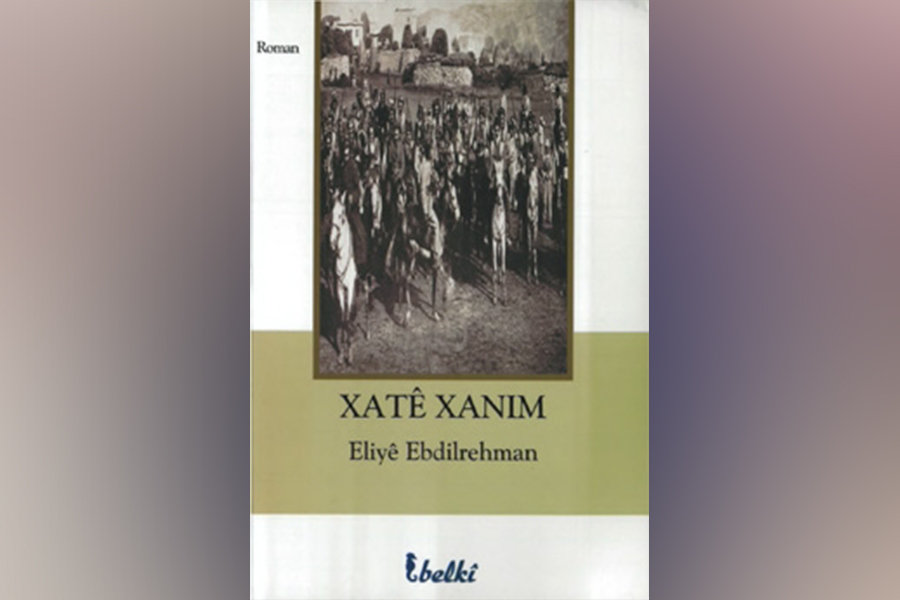Ali Abdul Rahman is one of the first historical novel writers in Kurdistan. In 1920, he was born in the "Wan" region. In 1926, his family and 450 other families of the "Biroukan" tribe went to the Caucasus region due to the tyranny of the authorities to settle in the "Shawlk" line under the authority of the former Soviet Union.
His first book was a novelette named "Morov" which was published in the Society of Kurdish Writers of Soviet in 1957. His second novelette was "Khati Khanim" which was published in Yerevan city in 1959. His first novel was "Merkhasan Village" published in 1968 in Yerevan city. His second novel "War in the Mountains" was also published in Yerevan in 1989. Ali Abdul Rahman's poems which mostly are about the Kurdish nation and Kurdistan are published in three volumes titled "Village, My Regret, and Garden". Ali Abdul Rahman died on January 21, 1994, in Baku, the capital city of the Azerbaijan Republic. His tomb is in this city now. (Ali Abdul Rahman, Lis, Khate Khanim).
"Khate Khanim" plays the main role in this novel due to being the heroine and her particular characteristics and that is why the novelette is also called by her name. She is "Teymour Ali Isa's" wife. The novel is about the story of Khate Khanim from the Kurdish people of Dersim in "Sinjan" village. This family is neither poor nor rich and they are known as respectful people who love others, are educated and interested in science and literature, and Kurdish traditions. After Teymour dies, she carries out the leadership of the clan, thus, she begins to lead them. The Turkish state is trying to increase Kurdish clans' taxes, so, the leaders of the various Kurdish clans gather in Khate Khanim's home in order to find a solution. At the end of the meeting, they decided to send the Sultan and some young men to "Arzirgan" to meet with Commander Nahya. The sultan goes first and tells the commander to reduce the taxes on their people. The commander gets angry and rejects his request while insulting him. He also orders his soldiers to arrest him and imprison him. They torture him in prison.

Khate Khanim goes to meet the commander and talks to him. She gives him some gold and asks him to release her son. After a while, the Turkish state decides to kill the Sultan. Thus, the commander sends some soldiers to Sinjan village to arrest the Sultan and kill him. They bring the Sultan after a day while some of the Sultan's friends have come as well. Sultan kills the commander. So, the Turkish state decides to execute the Sultan soon. Khate Khanim tries to decide wisely so that she can prevent war and release her son from the state's prison. The novel ends with Sultan's release.
After reading this novel, we see how smart and wise Khate Khanim was who could unite her clan with her smart strategies and also gather the surrounding people and clans around herself. She advised them to stay united against the enemy.
In the preface of Khate Khanim's novel, "Kawa Namr" written in the "Kurdish Women's Favorite Novel":
"In my opinion, the readers of Khate Khanim novel by Ali Abul Rahman learn many things about our Kurdish legacy. First, the character of Khate Khanim and the role of Kurdish women in a courageous aspect in the society; second, the importance and possibility of unity among Kurds and the main role of our mountains". (April 25, 2012. Amad)
Sources:
Ali Abuld Rahman (2004), Khate Khanim, Amad, Balki.
Kawa Namr, April 25, 2012, Kurdish Women's Favorite Novel, Amad, Lis.









